I used to spend $30 every week on café coffees. The cost kept adding up, and waiting in long morning lines was making me late for work. I needed a better solution.
Buying a coffee machine is worth it for regular coffee drinkers who value convenience and savings. A quality machine can pay for itself within months through eliminated café purchases while reducing environmental waste from disposable cups.
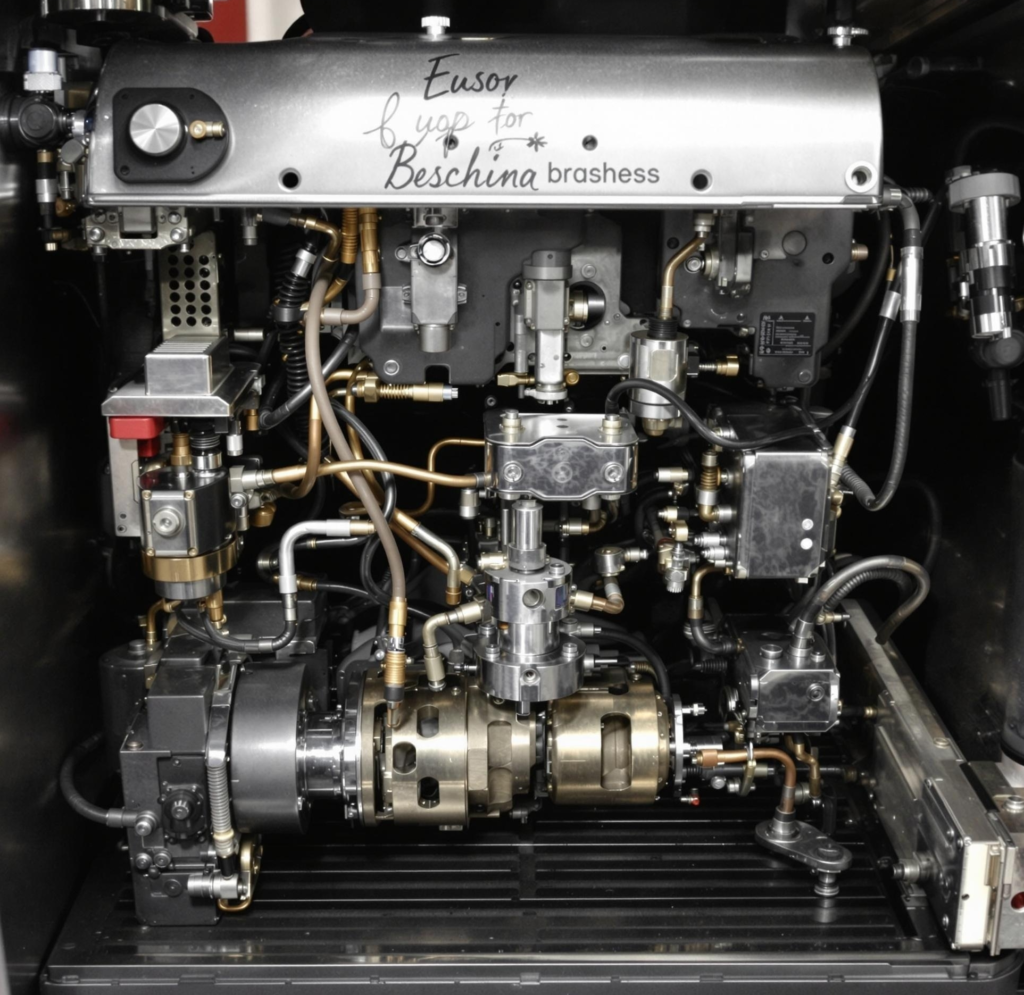
The decision to buy a coffee machine isn't just about making a purchase—it's about changing your daily routine. Let me share what I've learned about the real value of owning a coffee machine and whether it might be right for you.
How much money can you actually save with a home coffee machine?
My daily café habit was costing me nearly $2,000 annually. I wondered if buying a machine was really going to save money or just be another unused kitchen gadget.
A quality home coffee machine typically pays for itself within 3-6 months for daily drinkers. With café coffees averaging $5-6 each, even a $500 machine breaks even after about 100 drinks, not counting beans.
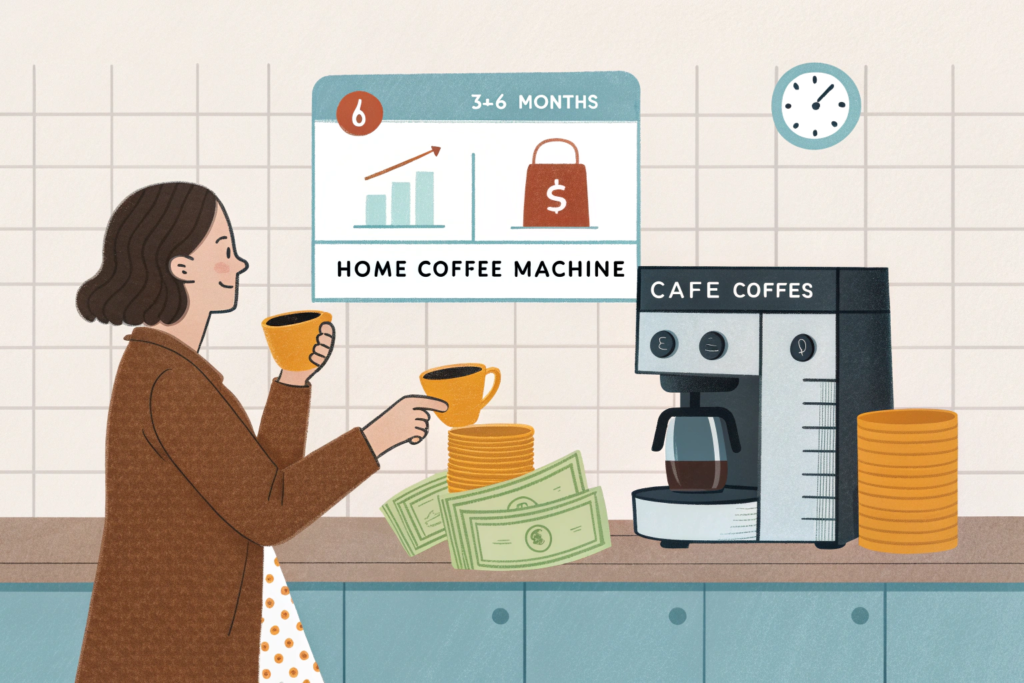
When I look at the numbers, the financial benefits become clear. Let's break down the real costs involved:
Initial Investment vs. Ongoing Costs
| Expense Category | Café Coffee | Home Machine |
|---|---|---|
| Initial cost | $0 | $200-$1,500+ |
| Per drink cost | $4-7 | $0.50-1.00 |
| Annual cost (1 coffee daily) | $1,460-2,555 | $182-365 + machine |
The math is even more impressive for households with multiple coffee drinkers. My wife and I each drink two coffees daily, which means we save over $3,000 annually after accounting for quality beans, milk, and occasional maintenance.
I bought a mid-range $600 machine that paid for itself in just under 4 months. Beyond money, I've gained back time—no more morning detours to the café or waiting in long lines. This gives me an extra 15-20 minutes every morning that I now use for a proper breakfast or some quiet time before work.
Even factoring in the cost of beans, milk, and occasional descaling products, my per-cup cost is now under $1, compared to the $5 I was spending at cafés. For someone who drinks coffee daily, these savings add up quickly and make the initial investment worthwhile.
Does a home coffee machine really deliver café-quality results?
After buying my first machine, I was disappointed by the bland coffee it produced. I started to doubt whether good coffee at home was possible without professional training.
Modern home coffee machines can produce café-quality results with proper technique and quality beans. While there's a learning curve, most users can achieve excellent coffee within weeks of practice and experimentation.
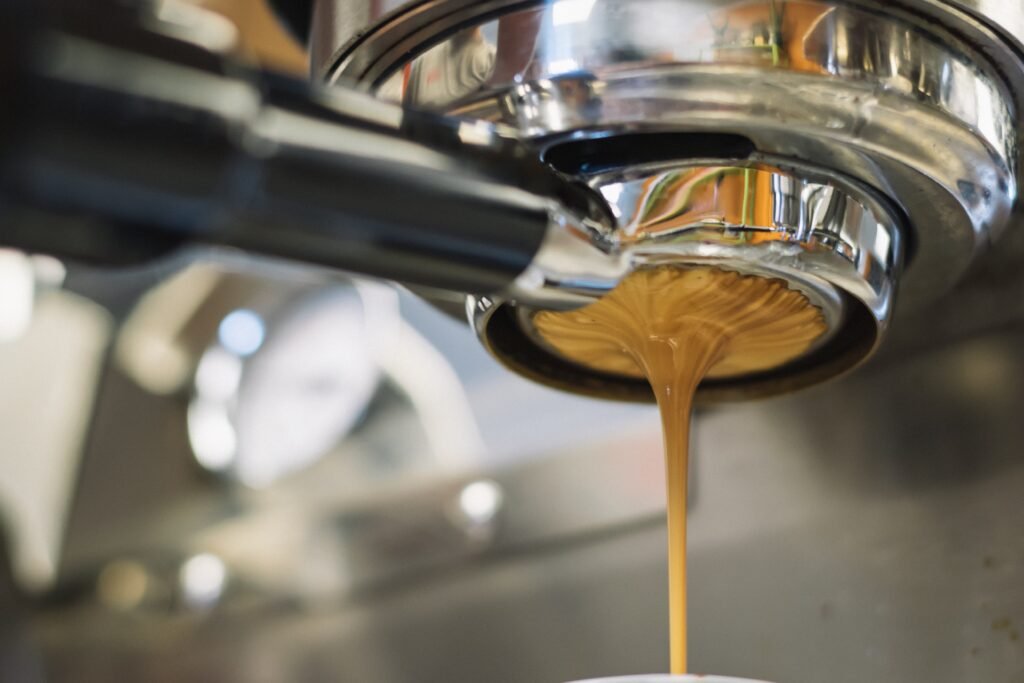
The quality gap between home and café coffee has nearly disappeared in recent years. Today's home machines offer features once found only in commercial equipment. However, achieving professional results depends on several factors beyond just the machine:
Key Factors for Café-Quality Home Coffee
Equipment Considerations
The type of machine you choose greatly affects your results. Entry-level machines under $200 can make decent coffee but often lack the pressure and temperature stability needed for exceptional espresso. Mid-range machines ($400-800) offer good value for most home users. For serious enthusiasts, prosumer machines ($1,000+) deliver commercial-grade components and outstanding consistency.
I started with a budget machine that produced inconsistent results. After upgrading to a mid-range model with a proper pressure gauge and PID temperature control, the difference was night and day. My coffees became reliably excellent rather than occasionally good.
Technique and Learning
My journey to great home coffee took about three weeks of daily practice. The learning process involved understanding:
- How to adjust grind size correctly
- Proper coffee dosing
- Consistent tamping pressure
- Extraction timing
- Milk texturing techniques
I watched online tutorials and joined coffee forums which helped speed up my progress. What seemed complicated at first became second nature after about 30 attempts. The satisfaction of pulling my first perfect shot—with beautiful crema and balanced flavor—made all the practice worthwhile.
What about the environmental impact of coffee machines?
The pile of disposable cups I was sending to landfill every week bothered me. I wanted to know if a home coffee machine could help reduce my environmental footprint.
Home coffee machines significantly reduce waste by eliminating disposable cups and plastic lids. A single person switching to home brewing can prevent 365+ cups from entering landfill annually, while using fewer resources overall.
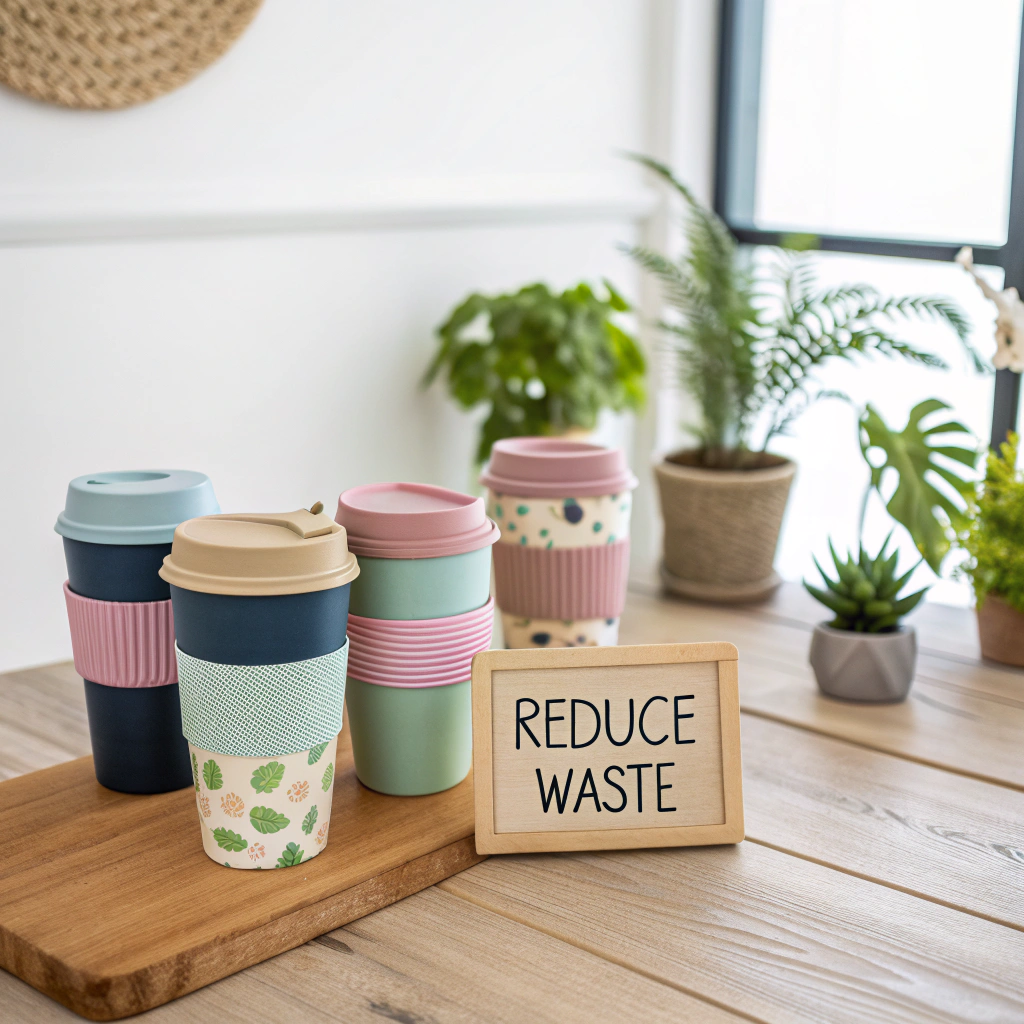
The environmental benefits of home coffee machines go well beyond just eliminating cup waste. When we look at the complete environmental picture, several important factors emerge:
Environmental Impact Comparison
Waste Reduction
The average daily coffee drinker contributes approximately 23 pounds of waste annually just from cups and lids. This doesn't include additional waste from sleeves, stirrers, and packaging. By switching to home brewing, I personally eliminated over 400 disposable items yearly.
This reduction extends to packaging waste as well. While coffee beans do come in packaging, a 1kg bag of beans produces significantly less waste than the equivalent number of takeaway coffees (approximately 50-60 cups).
Carbon Footprint
The carbon footprint of home brewing is generally lower than café purchases when considering:
| Factor | Café Coffee | Home Machine |
|---|---|---|
| Transportation | Customer travels to café | None (beyond grocery shopping) |
| Energy use | Commercial equipment (high-volume) | Home equipment (more efficient) |
| Supply chain | Complex distribution network | Simplified bean delivery |
Research suggests that home brewing produces approximately 30% less carbon emissions[^1] per cup compared to takeaway coffee, primarily due to eliminated transportation and more efficient brewing for individual servings.
Long-term Sustainability
Good coffee machines are designed to last 5-10+ years with proper maintenance. Higher-quality machines often feature replaceable parts rather than requiring complete replacement when components wear out. I've found that investing in a repairable machine[^2] ensures a longer lifespan and less electronic waste.
Additionally, used coffee grounds[^3] from home brewing can be composted or used in gardens as natural fertilizer. I've started adding my used grounds to my small balcony garden, creating a satisfying closed-loop system that further reduces waste.
Is a coffee machine right for your lifestyle and coffee preferences?
I hesitated about buying a machine because I wasn't sure if I'd use it enough. Would it become another dust collector, or would it become an essential part of my daily routine?
Coffee machines are best suited to regular drinkers who enjoy the ritual of preparation. They're ideal for those who drink at least 4-5 coffees weekly, appreciate customization, and can dedicate 5-10 minutes to the brewing process.
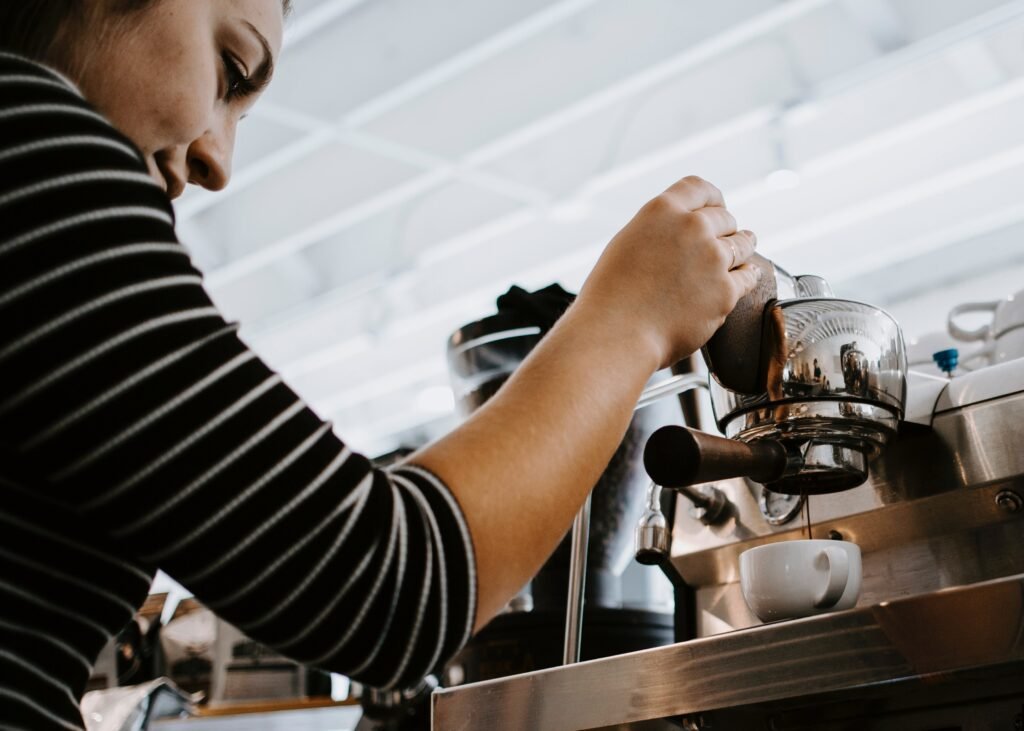
The decision to purchase a coffee machine should align with your specific lifestyle, preferences, and habits. I've found that certain factors can help predict whether this investment will truly enhance your coffee experience:
Lifestyle Compatibility Factors
Coffee Consumption Patterns
Volume matters. If you consume at least 4-5 coffees weekly, a machine quickly becomes economical. However, beyond economics, frequency also affects skill development. Making coffee regularly helps maintain and improve your technique.
I tracked my consumption before purchasing and discovered I was drinking 9-10 coffees weekly. This made the financial case clear, but also ensured I'd use the machine frequently enough to justify the counter space it takes up.
Time Availability and Morning Routine
Quality home coffee requires some time investment:
- Espresso machines: 5-10 minutes from warm-up to cleanup
- Pour-over methods: 5-8 minutes of active preparation
- Automatic machines: 1-2 minutes with minimal effort
I'm not particularly functional before coffee, so I chose a machine with programmable warm-up times. It's ready when I wake up, reducing the morning preparation time and making it more likely that I'll use it consistently.
Preference for Variety
Different coffee machines cater to different preferences:
- Espresso machines: Perfect for espresso, cappuccinos, lattes
- Pour-over systems: Better for highlighting subtle flavors in specialty beans
- French press: Delivers fuller body and robust flavor
- Drip machines: Convenient for multiple cups
Since I enjoy both milk-based drinks and straight espresso, I invested in a machine with a quality steam wand. This versatility ensures I'm not tempted to visit cafés for drinks I can't make at home.
Conclusion
A coffee machine is worth buying if you drink coffee regularly, value quality and convenience, and enjoy the ritual of preparation. The financial savings, environmental benefits, and satisfaction of crafting your perfect cup make it a worthwhile investment for most coffee lovers.
---
[^1]: Understanding the carbon emissions of home brewing can help you make eco-friendly choices in your coffee consumption.
[^2]: Exploring the advantages of repairable machines can guide you towards sustainable coffee brewing options that last longer.
[^3]: Discover creative ways to utilize used coffee grounds in your garden, enhancing sustainability and reducing waste.



